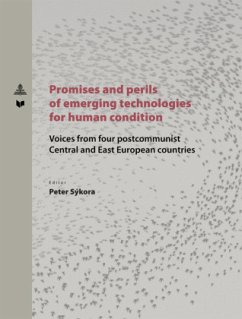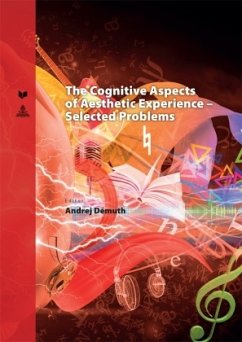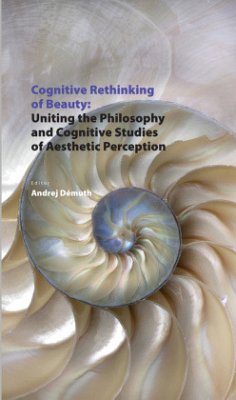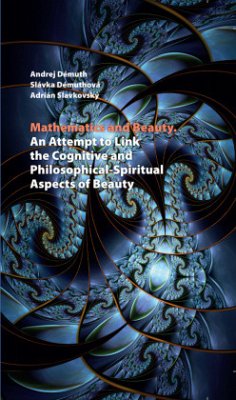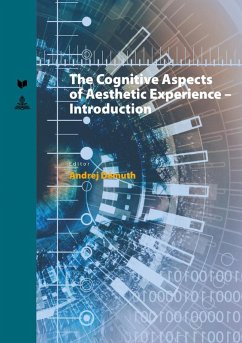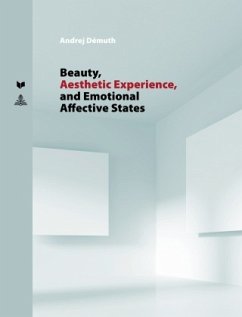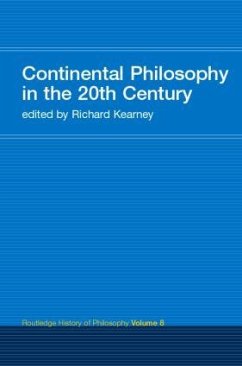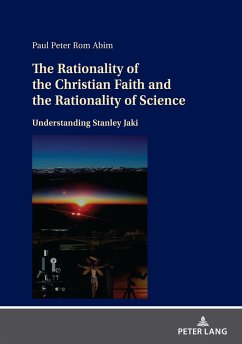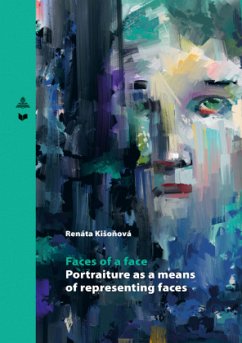
Man between Sacrum and Profanum in Russian Philosophy in 20th Century
Versandkostenfrei!
Versandfertig in 6-10 Tagen
61,20 €
inkl. MwSt.

PAYBACK Punkte
0 °P sammeln!
The title of monograph is meant to express the essential possibility to adopt different worldviews in the philosophical cognition of man. In the given part, we want to point out the alternatives of materialistic and religious approach that have found their dramatic expression in the Russian philosophical space. Individual anthropological ideas originated - be it explicitly or implicitly - as constituents and outcomes of the con ict between the two opposing worldview orientations. The Russian philosophical environment of the 20th century can be perceived as a historically realized philosophical...
The title of monograph is meant to express the essential possibility to adopt different worldviews in the philosophical cognition of man. In the given part, we want to point out the alternatives of materialistic and religious approach that have found their dramatic expression in the Russian philosophical space. Individual anthropological ideas originated - be it explicitly or implicitly - as constituents and outcomes of the con ict between the two opposing worldview orientations. The Russian philosophical environment of the 20th century can be perceived as a historically realized philosophical experiment that explained the starting points, possibilities and impacts of both approaches. A re ection of the acquired historical experience can also help today's person to consider various worldview alternatives in a more competent way. The experience of Russian philosophy confirms and concretizes the assumption that the worldview decision determines to a great extent the direction and character of the philosophical cognition of man.





